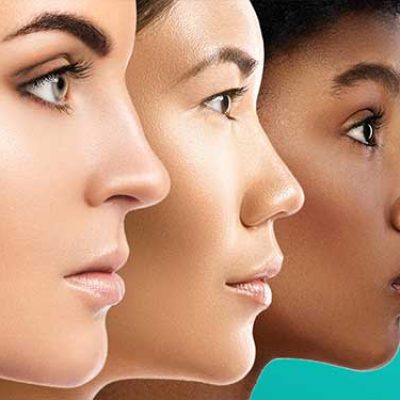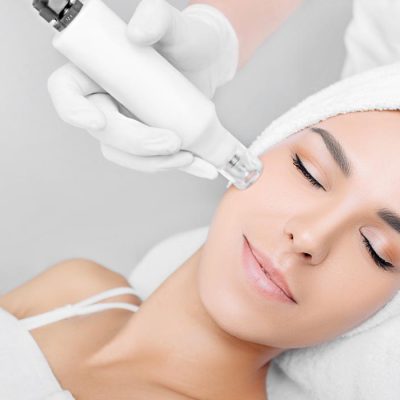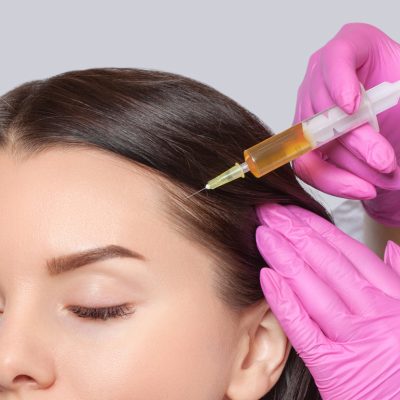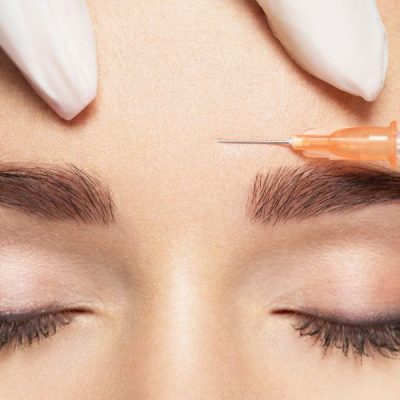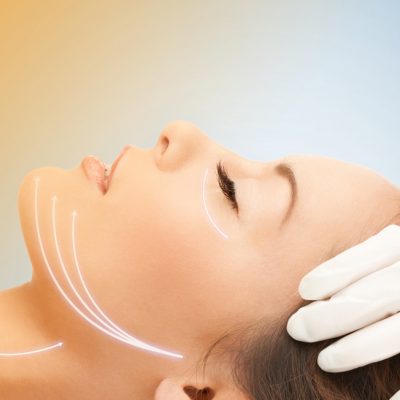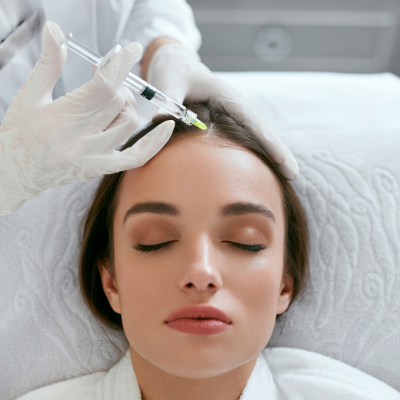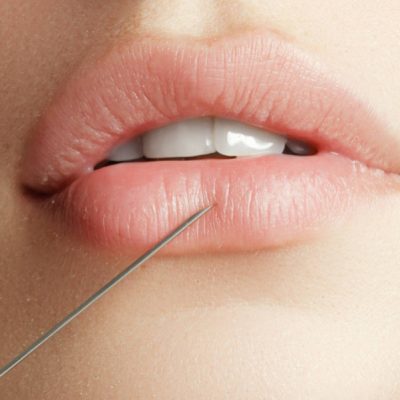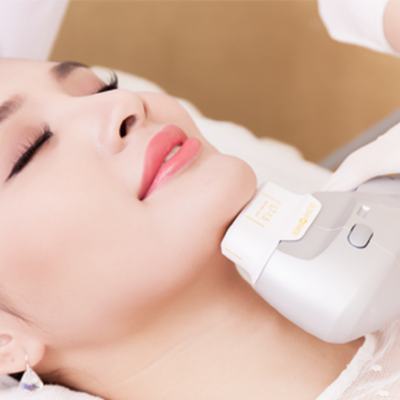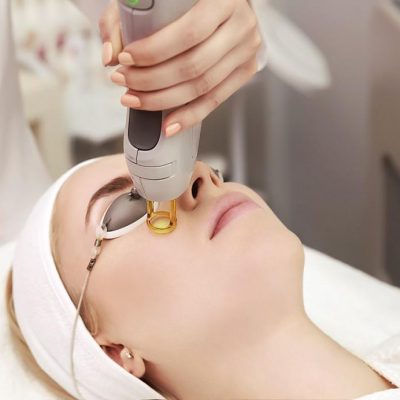Facial Treatment Dubai
Facial Treatment Dubai and Face Treatment Dubai , 100% Best for men and women , To perform facial services, enter the site and contact us.
Facial Treatment Dubai By Serenity
Facial Treatment Dubai marina
What is Facial Treatment?
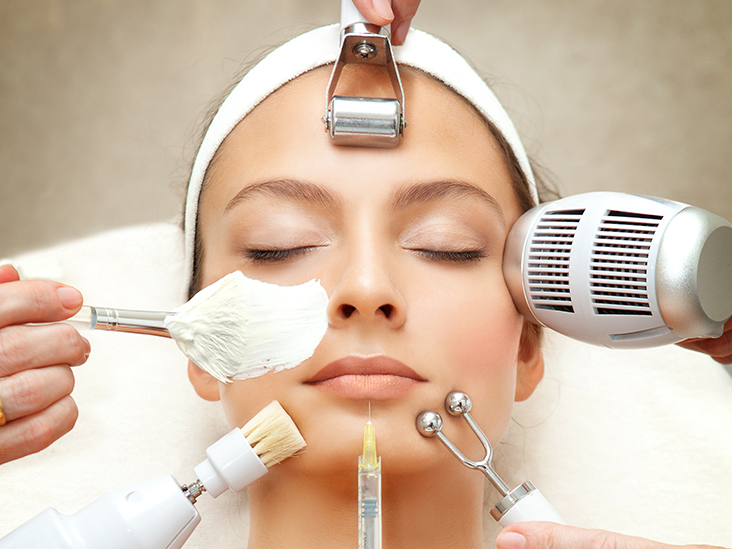
Face Treatment Services
The benefit of Facial Treatment Dubai
Facial treatments offer a wide range of benefits for the skin and overall well-being. Whether you choose a basic facial or opt for a more specialized treatment, here are some key benefits you can expect:
- Deep Cleansing and Exfoliation
- Hydration and Moisturization
- Improved Circulation
- relaxation and stress relief
- Anti-Aging Effects
- Even Skin Tone and Texture
- Professional Skin Analysis and Recommendations
It’s worth noting that the specific benefits of facial treatments may vary depending on the type of treatment, products used, and individual skin concerns. It’s always advisable to consult with a skincare professional to determine which facial treatment is best suited to your skin type and goals.
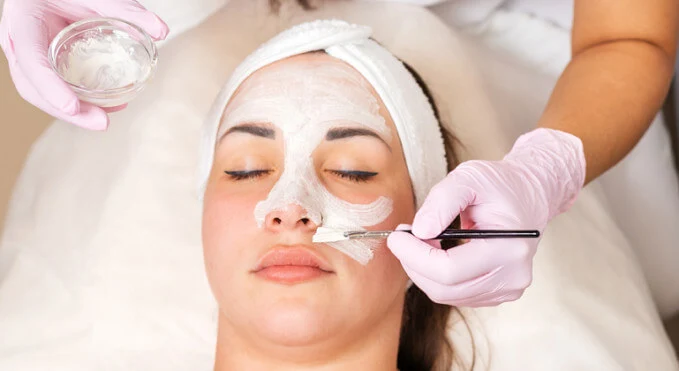

Deep Cleansing and Exfoliation
Deep cleansing is a skincare process that involves thoroughly removing dirt, oil, makeup, and other impurities from the skin. It typically goes beyond regular cleansing to provide a more thorough and effective cleanse. Deep cleansing can be performed using various techniques and products, such as cleansers, cleansing brushes, steam, or professional treatments like facials. The goal of deep cleansing is to unclog pores, remove buildup, and promote a clean and healthy complexion.
Hydration and Moisturization
Hydration and moisturization are two important concepts in skincare that focus on maintaining and improving the moisture levels of the skin. While they are related, they have distinct meanings:
Hydration:
Hydration refers to the water content within the skin cells. It pertains to the amount of water that is present in the deeper layers of the skin, known as the dermis. Hydration is vital for the skin’s overall health and function. When the skin is properly hydrated, it appears plump, supple, and has a healthy glow.
Moisturization:
Moisturization, on the other hand, refers to the process of applying external products to the skin to enhance its moisture content. Moisturizers are specifically formulated with ingredients that help to replenish, lock in, and restore moisture to the outermost layer of the skin, known as the epidermis.

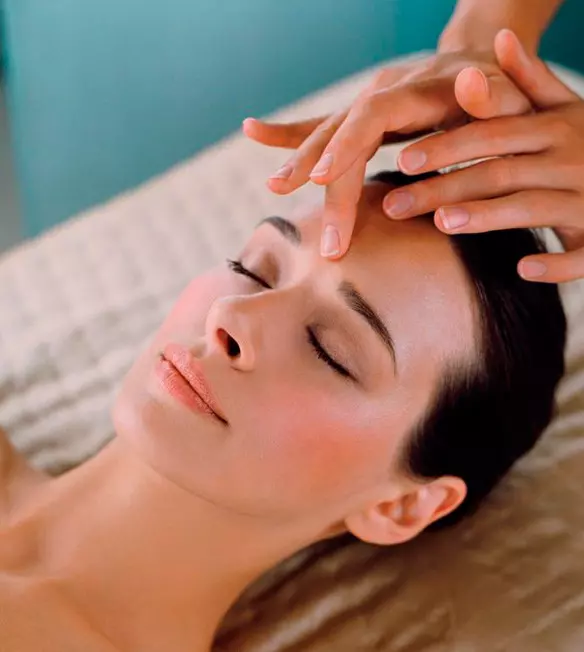
relaxation and stress relief
Facials can provide a relaxing and stress-relieving experience, offering benefits beyond just skincare. Here’s how facials can contribute to relaxation and stress relief:
Tranquil Environment: Facials are typically performed in a serene and calming environment, often with soft music, dimmed lights, and a comfortable treatment bed. This soothing ambiance helps create a peaceful atmosphere, allowing you to escape from daily stressors and unwind.
Massage and Touch Therapy: Many facials include facial massage techniques that involve gentle pressure and soothing strokes. The tactile stimulation and human touch involved in these massages can promote relaxation and release tension in the facial muscles. This can be particularly calming and enjoyable, helping to alleviate stress.
Aromatherapy: Some facials incorporate the use of aromatherapy, where essential oils or fragrant botanicals are diffused or applied topically. Certain scents, such as lavender or chamomile, are known for their relaxation-inducing properties. The inhalation of these calming aromas during a facial can help create a tranquil environment and have a soothing effect on both the mind and body.
Time for Self-Care: Taking the time to indulge in a facial treatment can be a form of self-care, allowing you to prioritize your well-being and pamper yourself. This dedicated time for relaxation and personal care can help shift your focus away from stressors and promote a sense of calm and rejuvenation.
Improved Self-Confidence: Facials can enhance the appearance of the skin, which can boost self-confidence and reduce stress related to self-image concerns. Feeling good about your skin’s condition and appearance can positively impact your overall well-being and reduce stress levels.
When considering a facial for relaxation purposes, communicate your preferences and concerns to the esthetician, so they can tailor the treatment to your needs. They can adjust the massage pressure, incorporate aromatherapy if desired, and create a customized experience that promotes relaxation and stress relief.
Overall, facials can provide a calming and rejuvenating experience, offering not only skin benefits but also an opportunity for relaxation and stress reduction.
Anti-Aging Effects
Anti-aging effects refer to the positive changes or benefits that help reduce the visible signs of aging on the skin. The term “anti-aging” encompasses various factors that contribute to maintaining a more youthful appearance and promoting skin health.
Consulting with a dermatologist or skincare professional can provide personalized recommendations and guidance on the most effective anti-aging strategies based on your specific skin concerns and goals.


Even Skin Tone and Texture
Exfoliation: Regular exfoliation helps remove dead skin cells and promotes cell turnover, resulting in a smoother and more even skin texture. Physical exfoliation, such as using gentle scrubs or brushes, can help slough off dead skin cells, while chemical exfoliation with ingredients like alpha-hydroxy acids (AHAs) or beta-hydroxy acids (BHAs) can help dissolve dead skin cells and improve skin texture.
Sun Protection: Sun exposure can lead to uneven skin tone and texture, including dark spots, freckles, and sun damage. Protecting your skin from the sun’s harmful UV rays by wearing sunscreen with a high SPF, seeking shade, and wearing protective clothing can help prevent further damage and allow the skin to heal and rejuvenate.
Brightening Agents: Products containing brightening ingredients like vitamin C, niacinamide, kojic acid, or licorice extract can help reduce hyperpigmentation and even out skin tone. These ingredients work by inhibiting melanin production, which can help fade dark spots and promote a more balanced complexion.
Retinoids: Retinoids, derived from vitamin A, are known for their ability to improve skin texture, reduce fine lines, and promote collagen production. They can help smooth the skin’s surface and even out roughness or unevenness. However, it’s important to start with a lower concentration and gradually increase usage to avoid skin irritation.
Professional Treatments: Certain professional treatments, such as chemical peels, microdermabrasion, laser resurfacing, or microneedling, can be effective in improving skin tone and texture. These treatments work by promoting cell turnover, stimulating collagen production, and reducing the appearance of scars or hyperpigmentation. It’s advisable to consult with a dermatologist or skincare professional to determine the most suitable treatment for your specific concerns.
Consistent Skincare Routine: Establishing a consistent skincare routine is essential for maintaining even skin tone and texture. This includes cleansing, moisturizing, and using targeted products for your specific concerns. Incorporating antioxidants, hydrating ingredients, and gentle exfoliation can help promote a smoother and more balanced complexion over time.
Remember, achieving even skin tone and texture takes time and patience. It’s important to be consistent with your skincare routine and protect your skin from further damage by practicing sun protection measures. If you have persistent or severe skin concerns, it’s advisable to consult with a dermatologist for professional guidance and personalized recommendations.
Professional Skin Analysis and Recommendations
Professional skin analysis is a valuable service provided by dermatologists, estheticians, or skincare professionals. It involves a thorough examination of your skin to assess its condition, identify specific concerns, and provide personalized recommendations for treatment and skincare products. Here’s what you can expect from a professional skin analysis:
Evaluation of Skin Type: A professional will determine your skin type (e.g., dry, oily, combination, sensitive) by assessing factors like oil production, hydration levels, and sensitivity. This helps in understanding your skin’s baseline characteristics and tailoring recommendations accordingly.
Assessment of Skin Concerns: The professional will examine your skin for specific concerns, such as acne, hyperpigmentation, fine lines, wrinkles, texture issues, or sensitivity. They may use magnifying tools or specialized lighting to get a detailed view of your skin’s condition.
Lifestyle and Environmental Factors: The professional will inquire about your lifestyle, including your skincare routine, diet, stress levels, and environmental exposures. These factors can significantly impact your skin’s health and appearance, and they will be taken into account when formulating recommendations.
Product and Ingredient Analysis: Based on your skin analysis, the professional can recommend specific skincare products and ingredients that are suitable for your skin type and concerns. They may suggest cleansers, moisturizers, serums, or treatments containing ingredients like retinol, hyaluronic acid, vitamin C, or exfoliants tailored to your needs.
Customized Treatment Plan: A professional skin analysis often includes a personalized treatment plan. This may involve professional treatments like chemical peels, laser therapy, or microdermabrasion, which can address specific concerns. Additionally, they may recommend a skincare routine that includes cleansing, exfoliating, moisturizing, and sun protection tailored to your skin’s needs.
Lifestyle and Skincare Advice: Professionals may provide lifestyle recommendations that can support overall skin health, such as maintaining a balanced diet, staying hydrated, managing stress, and practicing sun protection. They can also offer advice on proper skincare techniques and the order of product application.
Remember that professional skin analysis and recommendations are based on the expertise and knowledge of the individual conducting the analysis. It’s important to choose a qualified and reputable professional with experience in skincare and dermatology. They can provide accurate assessments and guidance to help you achieve your skincare goals effectively and safely.


